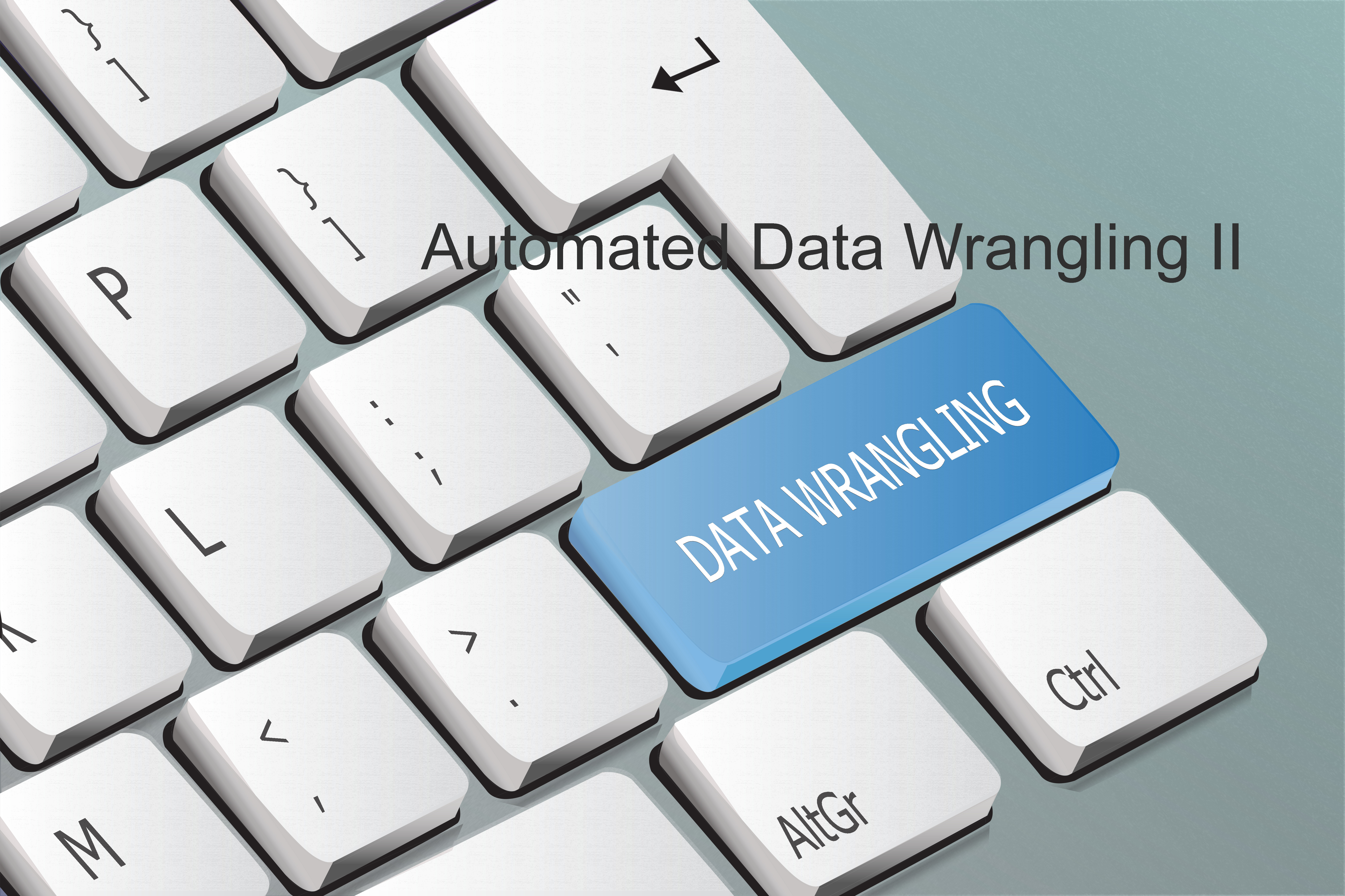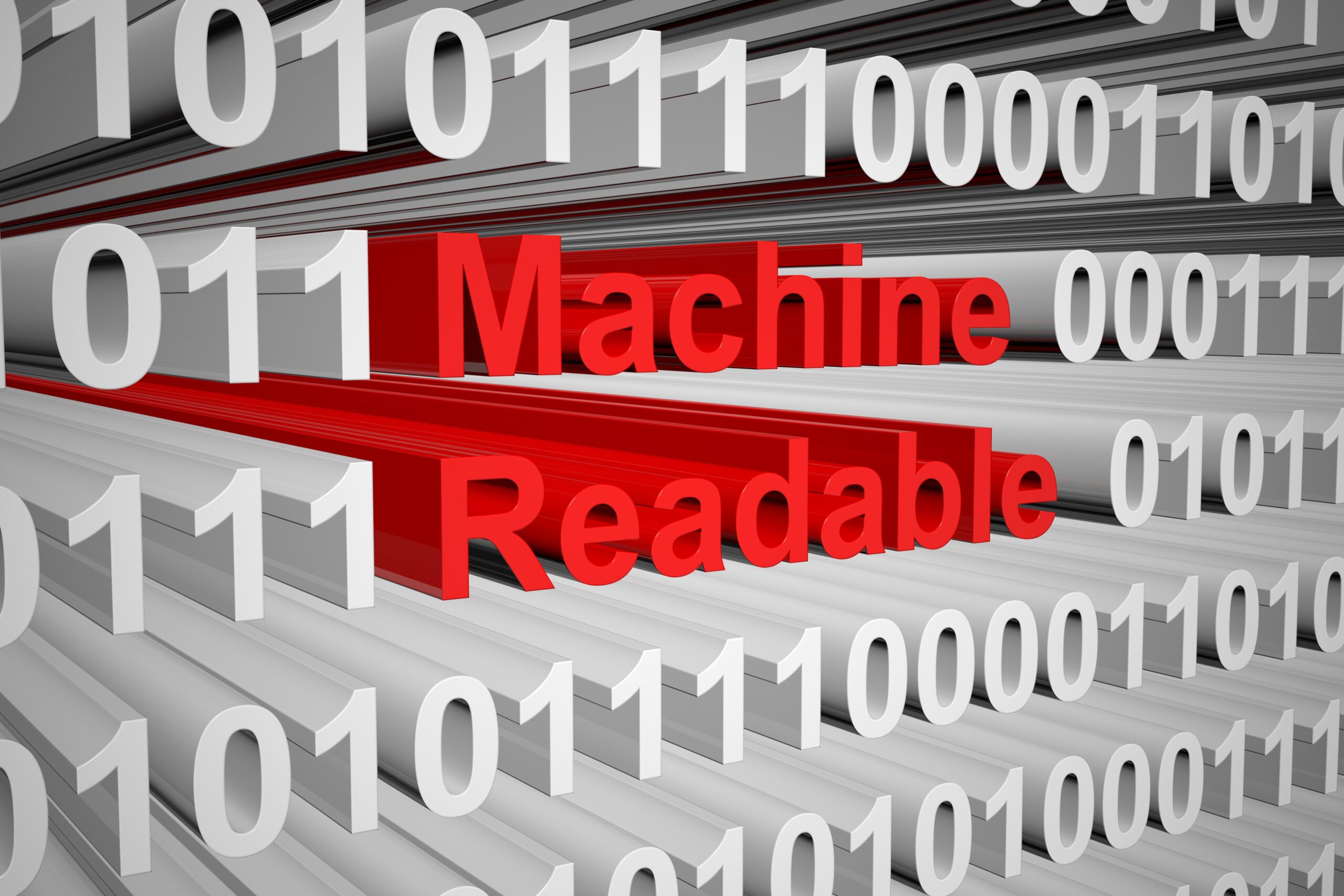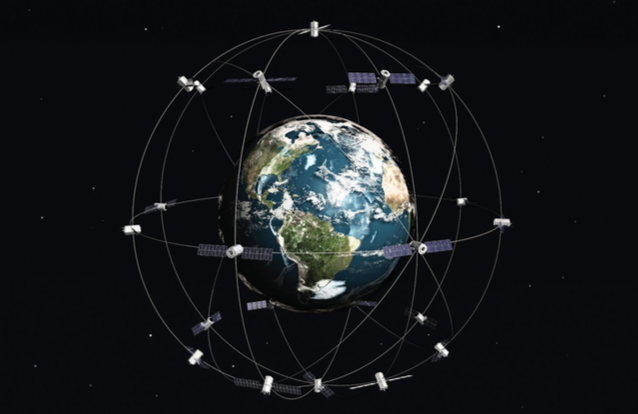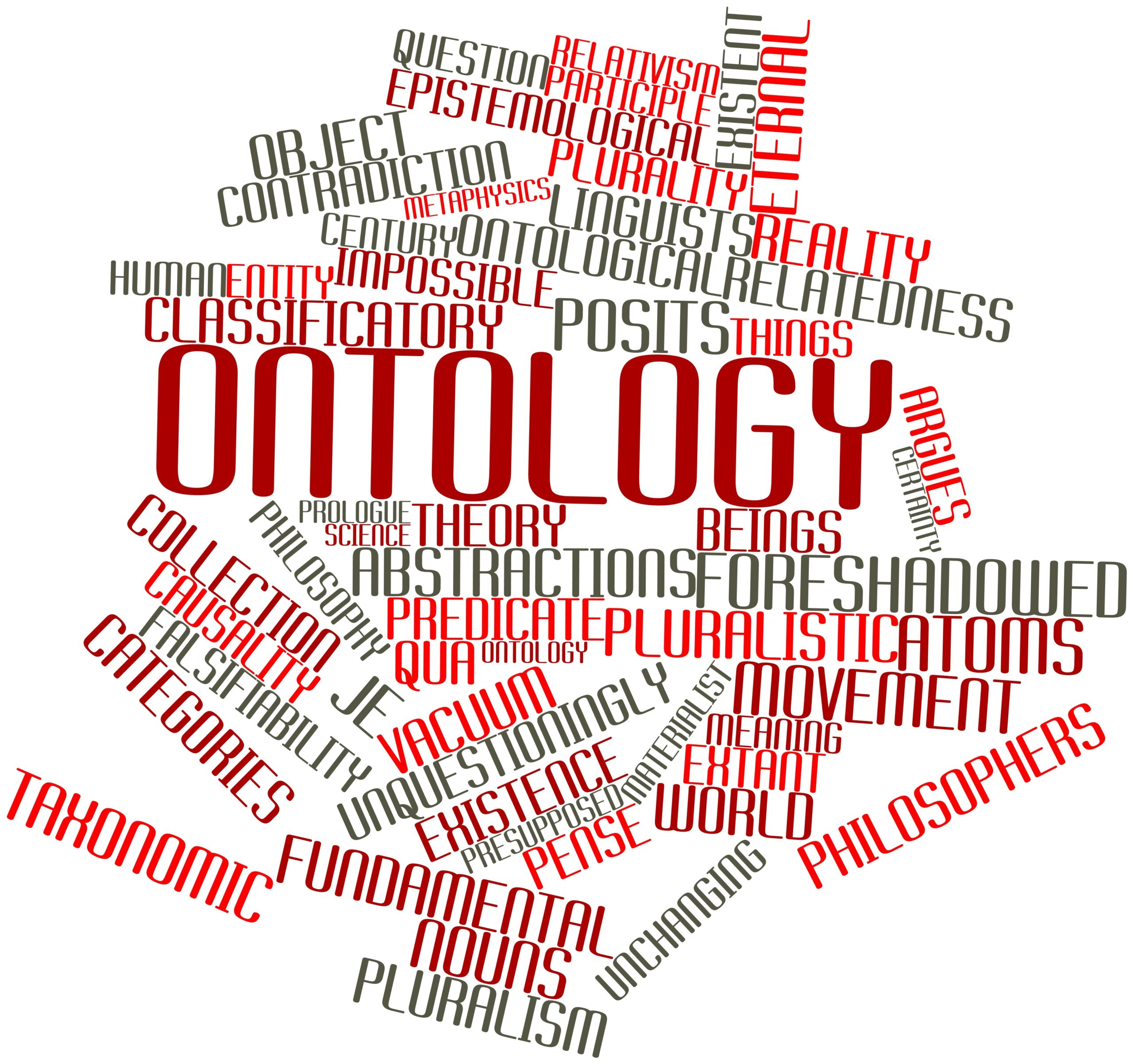Category: Ontologies
-
Automated Data Wrangling 2

As discussed in the original post, we are trying to answer the question, “can we automate the data wrangling process, and more specifically can data and words be associated dynamically through the use of ontologies?” On the surface, this appears to be an extremely complicated problem, and it is. However, NASA has done the same…
-
Automation of Data Wrangling

Ask any data scientists how they spend most of their time and they will tell you “understanding the data, and then cleaning, and organizing that data into a useable format,” or just plain “data wrangling.” Bottom line is that most of the data wrangling problem is caused by the lack of metadata management, or just…
-
Machine Readable Ontologies

Ontologies have been the topic of several posts recently, and reading through them again, I realize that someone unfamiliar with ontologies will most likely still find the subject somewhat elusive, and, for them, having a high level understanding of ontologies is enough. For those people, hopefully, it is interesting how the ontology was used to…
-
Ontologies: Practical Applications

In the previous post, “Why Ontologies“, we explored concepts at a very high level about what an ontology is, and how they can be used in AI, NLP, data integration, and knowledge management applications. So what does the picture of satellites orbiting the earth have to do with ontologies? In the previously mentioned post, we discussed how…
-
Why Ontologies?

In short, an ontology is the specification of a conceptualization. What does that mean from the perspective of the information sciences? Wikipedia’s definition: “formal naming and definition of the types, properties, and interrelationships of the entities that really or fundamentally exist for a particular domain of discourse.” This basically means, like all models, that it…
